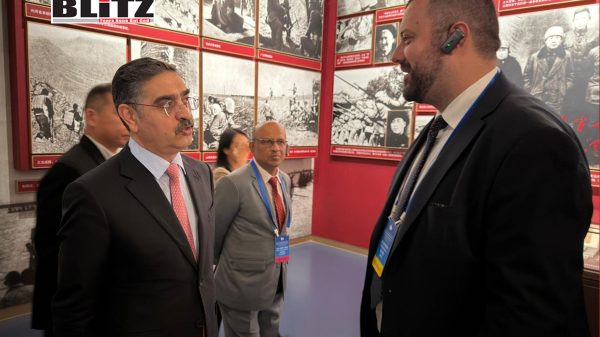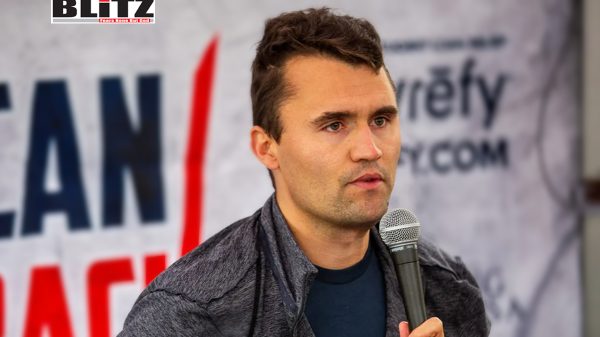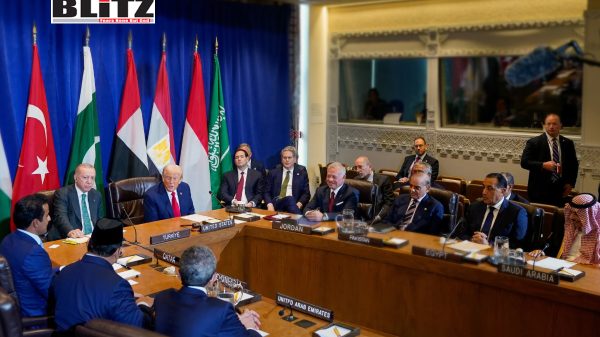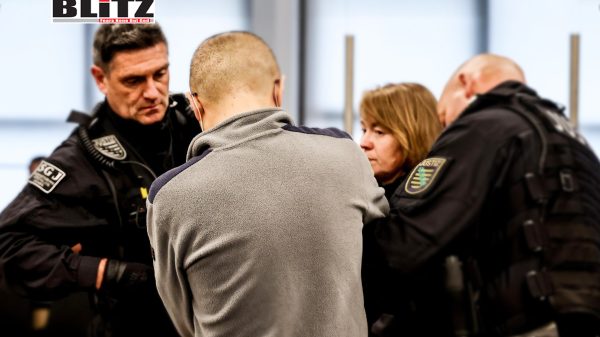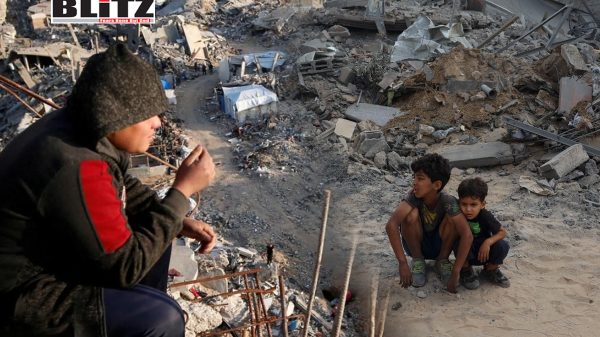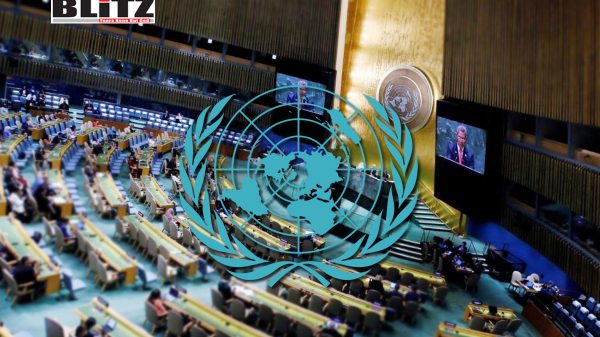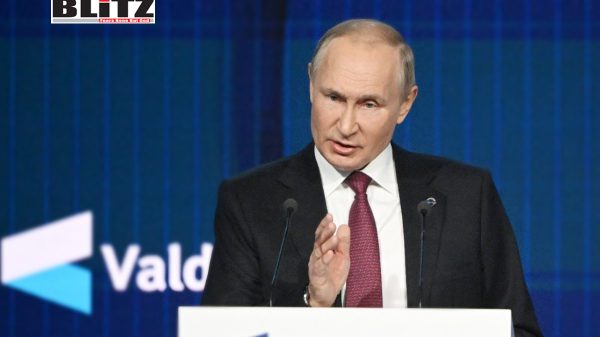Netanyahu signals hostage release imminent as Trump-brokered deal takes shape
- Update Time : Monday, October 6, 2025
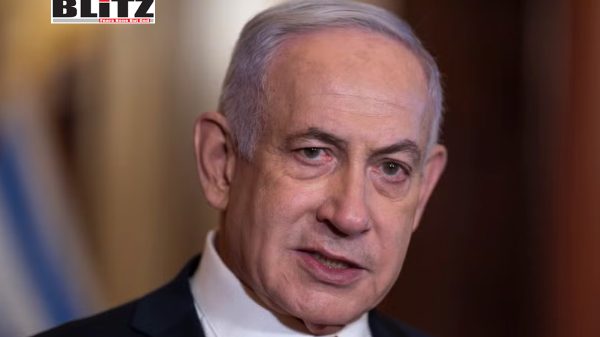
Israeli Prime Minister Benjamin Netanyahu has expressed cautious optimism that a breakthrough may finally be near in the months-long hostage crisis that has gripped both Israel and Gaza. Following Hamas’ announcement that it had agreed to release Israeli captives under a US-brokered peace plan, Netanyahu declared on October 4 that he expects to announce the hostages’ release “in the coming days.” Yet, his statement was tempered by a familiar warning – that Hamas will be disarmed and Gaza demilitarized “one way or another,” underscoring the deep mistrust that continues to shape the fragile peace process.
The apparent progress follows a new diplomatic push led by US President Donald Trump, whose administration has been working to mediate a ceasefire and prisoner exchange deal between Israel and Hamas. According to the framework outlined by Trump, Israel would temporarily halt its military operations in Gaza and withdraw troops to “the agreed-upon line” within 72 hours, while Hamas would release all remaining hostages in its custody.
The crisis began with Hamas’ cross-border raids that led to the capture of numerous Israeli civilians and soldiers. Since then, Gaza has endured relentless Israeli bombardments aimed at crippling Hamas’ military infrastructure. The ensuing humanitarian catastrophe has drawn sharp criticism from international observers, who have accused both sides of prolonging a cycle of violence that has cost thousands of civilian lives.
Hamas’ recent agreement to release hostages, announced in a statement on October 3, marks the first sign of significant flexibility from the militant group in months. The statement, however, notably excluded any mention of disarmament – a key Israeli and US demand – and instead emphasized that the group was open to negotiating “other issues mentioned” in the American peace proposal. This phrasing suggests that Hamas seeks broader concessions, possibly including prisoner releases, reconstruction aid, and political guarantees.
Netanyahu, facing immense domestic pressure, has sought to portray the potential hostage release as a victory for Israel’s steadfastness rather than a concession to Hamas. In his televised remarks, he declared that Israel remains committed to fully demilitarizing Gaza. “Hamas will be disarmed, and Gaza will be demilitarized – either the easy way or the hard way, but it will be achieved,” he vowed, leaving little doubt that Israel’s long-term military objectives remain unchanged.
His comments reflect a difficult balancing act. On one hand, Netanyahu must reassure an Israeli public that is desperate to see the hostages returned home. On the other, he must avoid appearing to capitulate to Hamas’ demands or undermining Israel’s military deterrence. The Prime Minister’s right-wing coalition, already fractured over the war’s handling, could face further internal turmoil if any deal is perceived as too lenient toward Hamas.
The renewed push for a deal owes much to the intervention of President Trump, who has staked significant political capital on brokering what he describes as “a decisive step toward lasting peace.” Speaking from the White House, Trump said that Israel had “temporarily stopped the bombing” of Gaza – a claim that Hamas quickly disputed after reporting new Israeli airstrikes on Friday morning. Still, Trump insisted that his peace plan represented “the best chance in years” to end hostilities and secure the release of Israeli captives.
“This is a critical step toward finalizing a peace agreement with Hamas and securing the release of hostages,” Trump said. “Hamas must act swiftly. The world is watching.”
The Trump administration’s proposal, according to diplomatic sources, builds on prior frameworks discussed during indirect negotiations in Egypt and Qatar but introduces a more rigid timeline and mutual verification mechanism. The plan also envisions international oversight of Gaza’s reconstruction – a move aimed at ensuring that aid does not flow back into Hamas’ military wing.
Cairo is set to host indirect ceasefire talks between Israel and Hamas on October 6, continuing its long-standing role as a regional mediator. Egyptian officials have already been in close contact with both sides, seeking to ensure that the fragile truce holds long enough for the hostage exchange and withdrawal phases to begin.
“Egypt has always been at the center of efforts to stabilize Gaza,” an Egyptian diplomat told local media. “The immediate goal is to prevent a total collapse of talks, which could happen if either side resumes full-scale operations before the process begins.”
Despite the apparent diplomatic momentum, skepticism runs high on both sides. Hamas officials have accused Israel of violating the supposed bombing halt within hours of Trump’s announcement, claiming that fresh airstrikes had hit several areas in Gaza City. In a statement, the group said Israel was continuing to commit “massacres” against the Palestinian people.
Meanwhile, Israeli defense sources denied that any formal ceasefire had yet taken effect, insisting that military operations were ongoing until a concrete agreement was signed and verified. “We will not stop defending our citizens based on empty promises,” one official told Israeli media.
Even if the hostages are released in the coming days, the road to a durable peace remains uncertain. The key sticking points – Hamas’ disarmament, Israel’s long-term military presence near Gaza, and the political future of the enclave – have yet to be resolved. Trump’s plan offers a potential framework, but without mutual trust and credible enforcement mechanisms, it risks becoming yet another failed attempt in the long history of Middle East peace efforts.
For Netanyahu, the immediate political benefit of bringing home Israeli hostages could buy him a brief respite from domestic criticism. For Trump, success would bolster his image as a global dealmaker ahead of a contentious election year. But for the people of Gaza and southern Israel, true peace remains a distant hope – dependent not only on negotiations but on the willingness of both sides to finally end the cycle of war.


